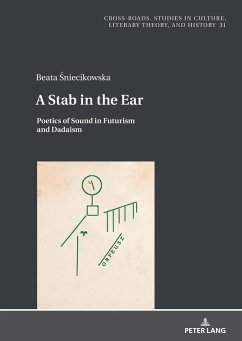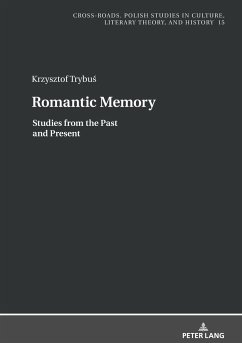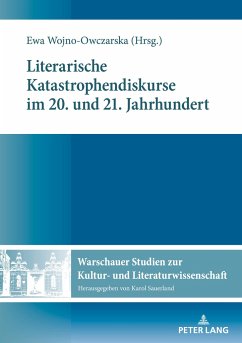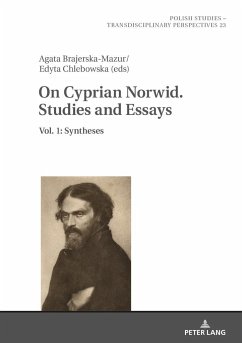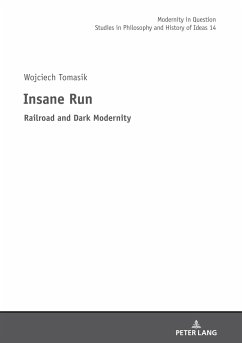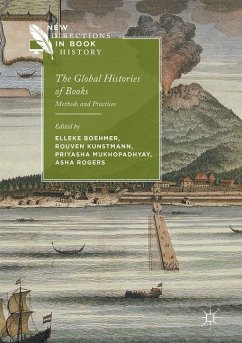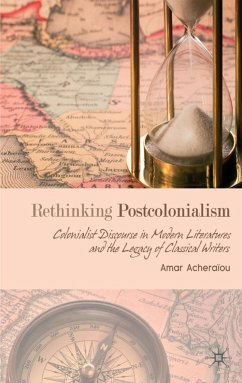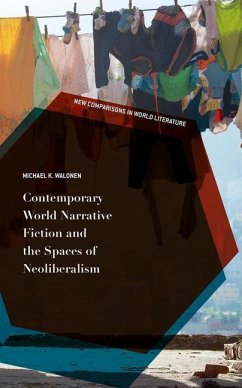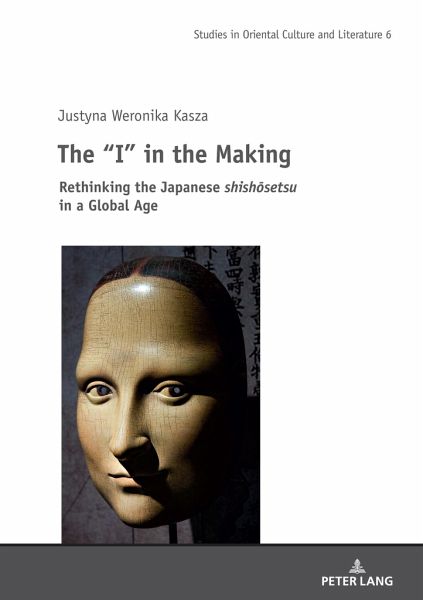
The "I" in the Making
Rethinking the Japanese shish¿setsu in a Global Age
Herausgegeben: Michalak-Pikulska, Barbara
Versandkostenfrei!
Versandfertig in 6-10 Tagen
60,50 €
inkl. MwSt.

PAYBACK Punkte
0 °P sammeln!
The book centres around the topic of subjectivity and self-representation in contemporary Japanese literature and offers a new approach to the genre of shish setsu (the I-novel).It reassesses the works of Dazai Osamu, e Kenzabur , End Shusaku, Murakami Haruki, and of the translingual writers - Mizumura Minae, Hideo Levy, Tawada Y ko - to expose the wide-ranging treatment of personal experiences, and the intricate relations between the characters, the narrator, and the writing persona.In the context of world fiction and autobiography theories, the book investigates literary and linguistic chall...
The book centres around the topic of subjectivity and self-representation in contemporary Japanese literature and offers a new approach to the genre of shish setsu (the I-novel).
It reassesses the works of Dazai Osamu, e Kenzabur , End Shusaku, Murakami Haruki, and of the translingual writers - Mizumura Minae, Hideo Levy, Tawada Y ko - to expose the wide-ranging treatment of personal experiences, and the intricate relations between the characters, the narrator, and the writing persona.
In the context of world fiction and autobiography theories, the book investigates literary and linguistic challenges in expressing the "self." The shish setsu are explored as stories of constructing identities between cultures, languages, literary canons, and testimonies of untranslatability of the self.
It reassesses the works of Dazai Osamu, e Kenzabur , End Shusaku, Murakami Haruki, and of the translingual writers - Mizumura Minae, Hideo Levy, Tawada Y ko - to expose the wide-ranging treatment of personal experiences, and the intricate relations between the characters, the narrator, and the writing persona.
In the context of world fiction and autobiography theories, the book investigates literary and linguistic challenges in expressing the "self." The shish setsu are explored as stories of constructing identities between cultures, languages, literary canons, and testimonies of untranslatability of the self.





